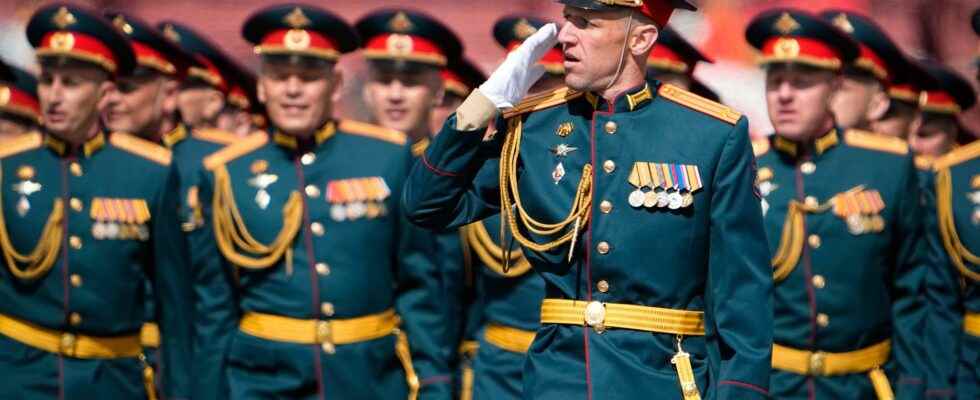Published: Less than 20 min ago
Russian President Vladimir Putin’s order to increase the size of the armed forces by 137,000 next year is raising concerns that the country is preparing for a long war in Ukraine.
– This is not an action you take when you expect a quick end to your war. This is something you do when you plan for some kind of protracted conflict, Dara Massicot of the Rand think tank told The New York Times.
On Thursday, Putin signed a decree stating that the increase means that Russia’s military will have over two million employees, of which 1.1 million of them will be soldiers. It is the first time in five years that Putin has issued an order changing the numbers in the forces.
Analysts are also wondering how the increase will actually happen. Recruiters are reported to have difficulty finding volunteers, and training capacity is also deemed to be limited.
The ISW think tank writes that the decree will not increase combat power in the near term and sees it as a sign that mass mobilization is not in the cards in the near future.
“Russian military is probably trying to recover the loss from the invasion in Ukraine and create forces to maintain its commitment in Ukraine”.
ISW also emphasizes that Russia has historically had difficulty reaching its numerical goals, and that even before the large-scale offensive war, it only had 850,000 soldiers in active service, compared to the ambition of just over a million.
The US Department of Defense assesses that Putin’s long-term goal in Ukraine, “to overthrow the government and reinstate Ukraine as part of the Russian Empire”, is fixed.
– What he has done is to extend his timeline, Ministerial Councilor Colin Kahl said on Wednesday.
According to him, the United States is preparing for several scenarios over a three-year horizon.
– It could be a scenario where the war continues. It could be a scenario where the violence subsides because there is an agreement, or because it simply dies down a bit. But in that case, Ukraine will have to defend its territory and deter future aggression.
